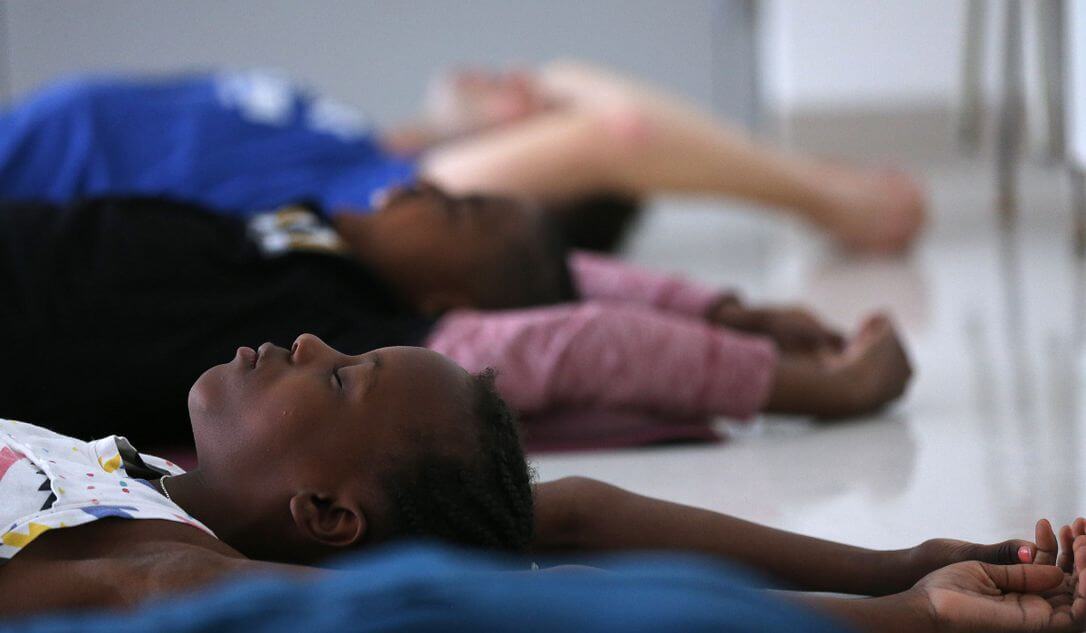A Process of Discovery: Tips for Evaluating Your Work with Youth
YouthREX’s customized evaluation supports (CES) offered us a collaborative approach to program evaluation, guided by their three-phase, seven-step Evaluation Framework, designed to be both realistic and impactful for small, under-resourced organizations.
After going through the CES process with YouthREX, I developed the following insights and tips to share with other youth-serving organizations embarking on a similar journey.
1. Remember that learning and growth usually involve discomfort.
Initially, I was surprised by how vulnerable it felt to conduct a detailed review and analysis of my organization’s operations and processes. During our first “Discovery” meetings with YouthREX, strengths and gaps in program on-boarding, existing logic models, past and current evaluation practices, and more were explored. Uncovering the shortcomings that are present in these processes definitely brought up those pesky “not good enough” vibes.
While it can feel uncomfortable to identify what could be done better, it’s important to remember that change begins both with becoming aware of what can be improved upon as well as where strengths already exist.
2. Value how your organization knows what it knows.
Speaking of strengths, it’s important to recognize that even when your organization could benefit from clarifying its program goals and fortifying its evaluation strategy, you have likely already been gaining valuable stories and feedback without really knowing it! For example, maybe your organization has strong relationships with its program partners, youth, and program facilitators and you learn a lot from your regular conversations with these folks, which is wonderful. Now the question becomes, how can you harness and make good use of what you may learn in informal dialogue with these stakeholders? Dig deep to really understand the ways that knowledge has been generated, held, and transferred within your organization or project. Often these are really good building blocks for future evaluation endeavours!
3. Let your values guide you.
There is no one right way to evaluate a program, and it can be useful for your organization to make decisions and create processes that are guided by what you hold most important. Revisit your organizational values, or clarify them with your team if needed, and practice regularly checking in to be sure that your evaluation work is an extension or embodiment of those values. For example, if building sustainable relationships is vital to your organization, how do you ensure that your evaluation takes place in a way that honours and cultivates long-term relationships with program partners and youth who are being engaged?
4. Explore every corner of accessibility.
Centering young people is likely something that most of us as youth workers strive for. And yet, we may often experience a discrepancy between our intention and practice. It’s important to reflect deeply on what creating youth-engaged evaluation means and explore in detail how involvement in designing your organization’s evaluation plan can be truly accessible for the young people you want to engage. Are related presentations or workshops interesting for youth? Are meetings held in places that they are familiar with and are easy to travel to? Is there funding to subsidize youth for their time? If not funding, what else can you offer in exchange for their work? Involving young people in every phase of evaluation may require additional time, so plan ahead. Educate your funders and other stakeholders about why a longer-term vision may be required and about the immense value of youth leadership at every stage of your evaluation process.
Embarking on an evaluation journey with YouthREX provided my team with time and space to critically reflect on and clarify our program objectives and to reimagine what meaningful program evaluation looks like for us. Perhaps more than this, the process deepened our understanding of the value of effective evaluations and rekindled a strong commitment to create youth-engaged evaluations into the future.


